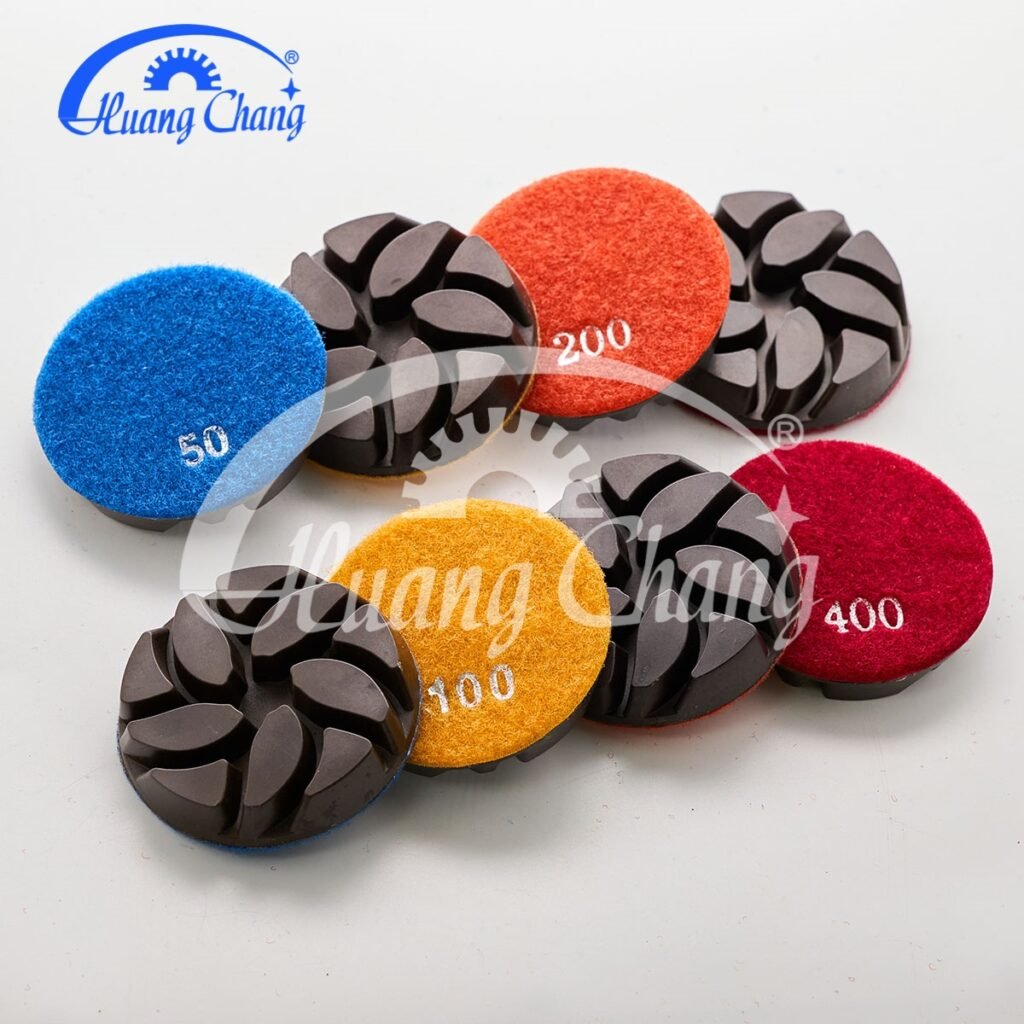To select the best polishing pads for floor renovation, consider the following steps based on the provided information:

Assess Floor Condition and Goal:
- For heavy stains, scratches, or restoration, start with coarse pads (e.g., 400-800 grit) to remove damage, then progress to finer grits (e.g., 1500-3000) for polishing and gloss .
- For routine polishing or light scuff removal, use less aggressive pads like the 3M Tan Burnish Pad 3400 or white polishing pads, which enhance gloss without damaging the surface .
Material and Durability:
- Opt for pads with diamond dust (e.g., Bonastre Pads) for tough stains and long-lasting performance, as they efficiently grind through residues .
- Ensure pads are durable enough for the job—3M pads, for example, are noted for exceptional longevity .
Color-Coded Aggressiveness:
- Use black pads for aggressive stripping or heavy-duty tasks (most abrasive) and white pads for gentle polishing (least abrasive) .
Brand-Specific Solutions:
- 3M offers specialized pads like the Tan Burnish Pad for polishing and scuff removal [[1]][[8]].
- Refer to guides like The Ultimate Guide to Choosing the Right 3M Floor Pads for task-specific recommendations .
Sequence and Compatibility:
- Pair pads with low-speed buffers or high-speed polishers as needed, ensuring compatibility with your equipment .
By matching the pad’s grit, material, and aggressiveness to the floor’s condition and desired outcome, you can achieve optimal renovation results.



